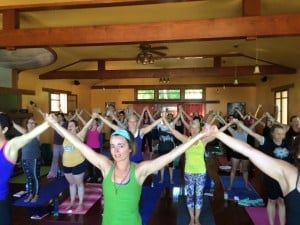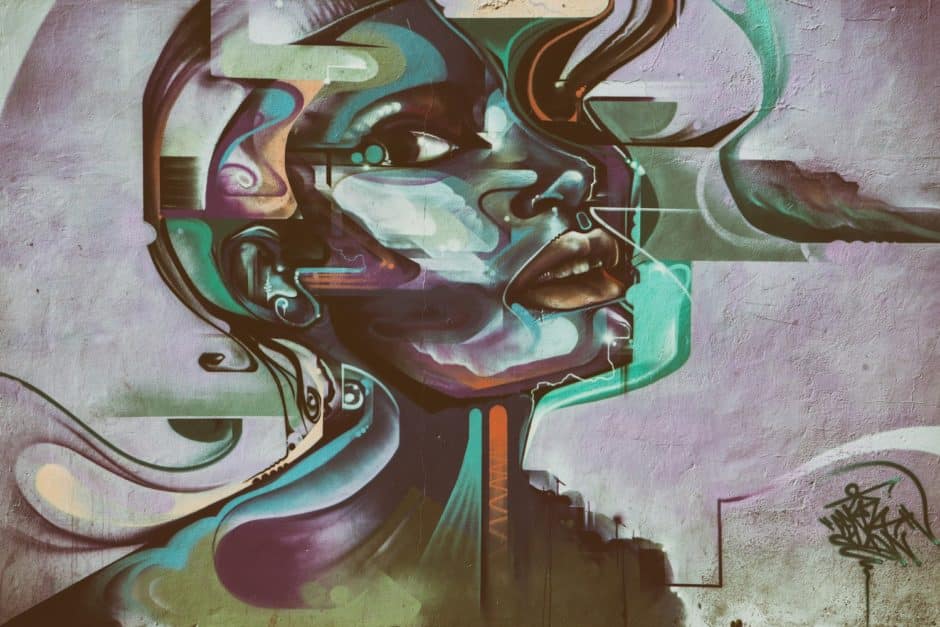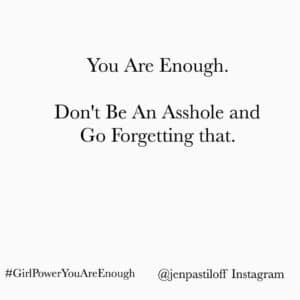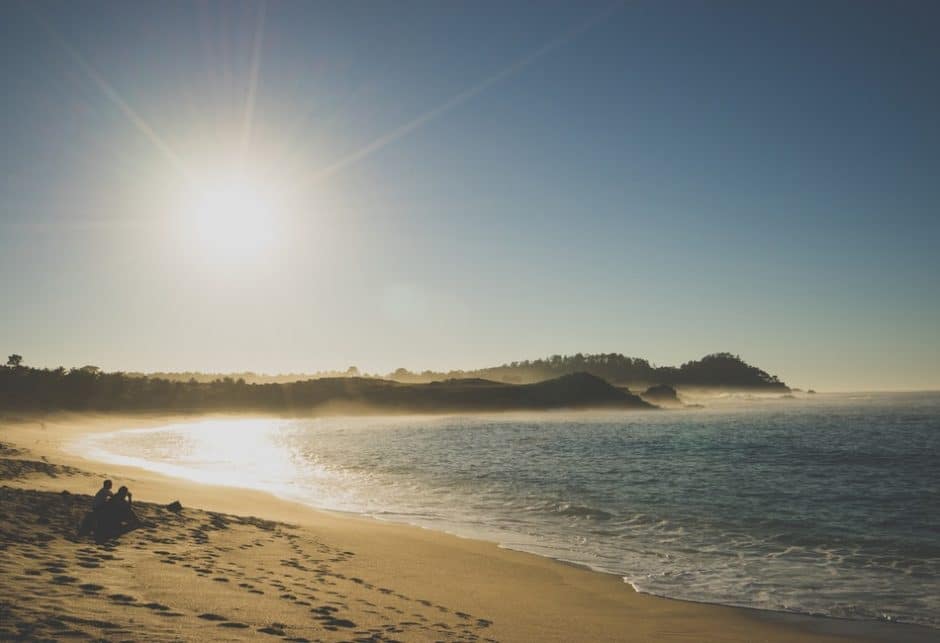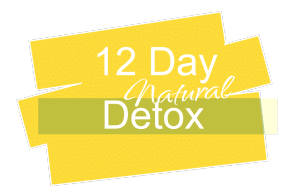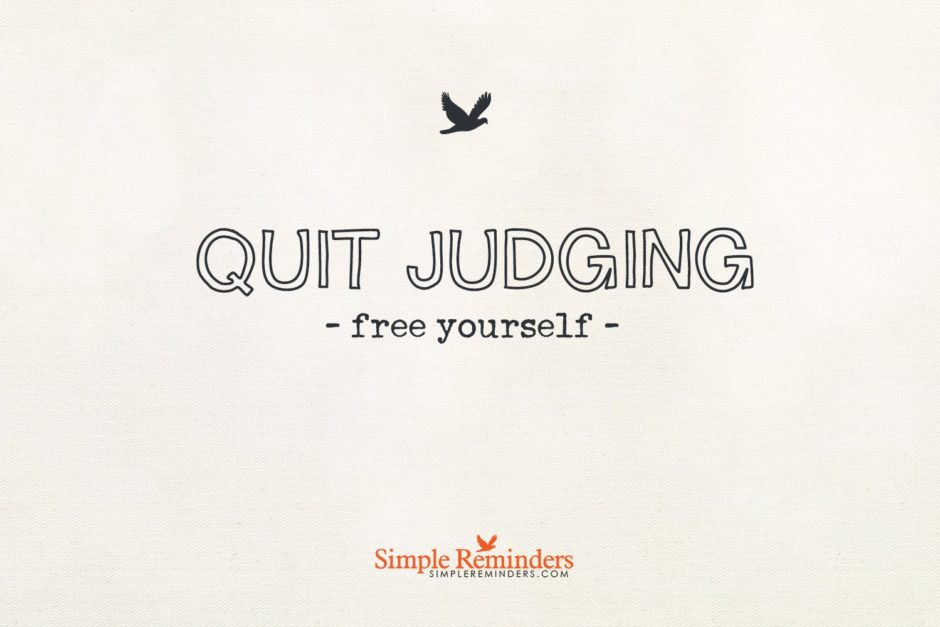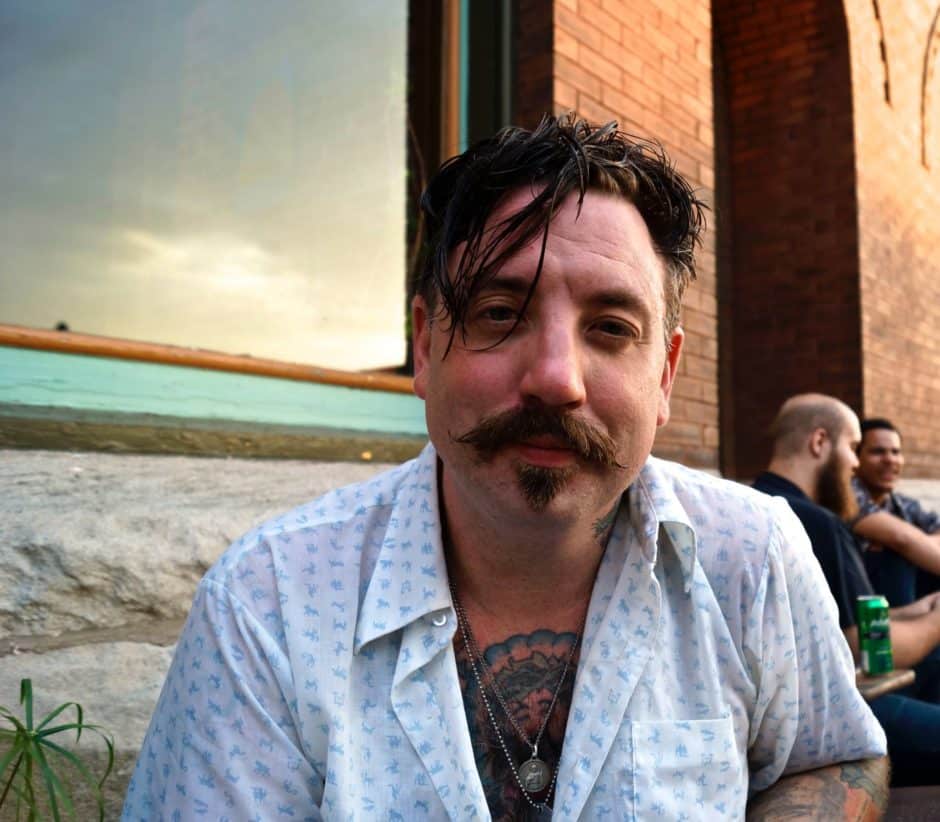By Klyn Elsbury
A few nights ago, I was wrapped in a blanket, lying on top of an RV off of a scenic overlook in Utah staring up at a sky full of endless, scintillating stars. The air was cool and crisp, delightfully tickling my lungs as they adjusted to the altitude. A handsome man with a beautiful soul was holding my hand and pointing out Venus to the south. Together, we were dreaming about the future. Something that until Orkambi came, I had all but given up on.
I dropped out of college because I started getting hospitalized several times a year, and I believed I would never live long enough to pay off my student loan debt.
I moved to California from Florida for a career in biotech/pharmaceutical recruiting so I could be closer to the companies that were developing the very drugs that would keep me alive. That would give me hope. When I started getting hospitalized every 4 months, I made the choice to leave my corporate career and preserve my lung function via exercise, diet, and adherence to prescriptions that managed the symptoms. I tried to get in on every clinical trial for Orkambi, before it was even called Orkambi, but time and time again I was denied because my lung function was too unstable.
He squeezed my hand excitedly, “did you see that?” referring to a shooting star that emblazoned an almost pitch black night. My heart skipped a beat. I shut my eyes and made a wish that one day, someday soon, I would be on this drug. I opened my eyes to see him smiling back at me.
For the first time in a long time, I believed I would have a future again. I was the first person in clinic the day after Orkambi was approved. However, they couldn’t write a prescription because I needed to go on IV antibiotics first. My lung function was around 50%. It was my 3rd round of IVs this year alone.
Meanwhile, one of my girlfriends locally who got approved for the drug, posted on Facebook that for the first time in years, she woke up without coughing. I can’t imagine a morning where an alarm clock wakes me up instead of a violent core-shaking, gut busting cough.
“Wow!” We both said in unison at yet, another shooting star. Who is lucky enough to see two of them in one night sky? Just moments apart? Surely this means there are good things to come. Waking up without a cough became my second wish. Continue Reading…



